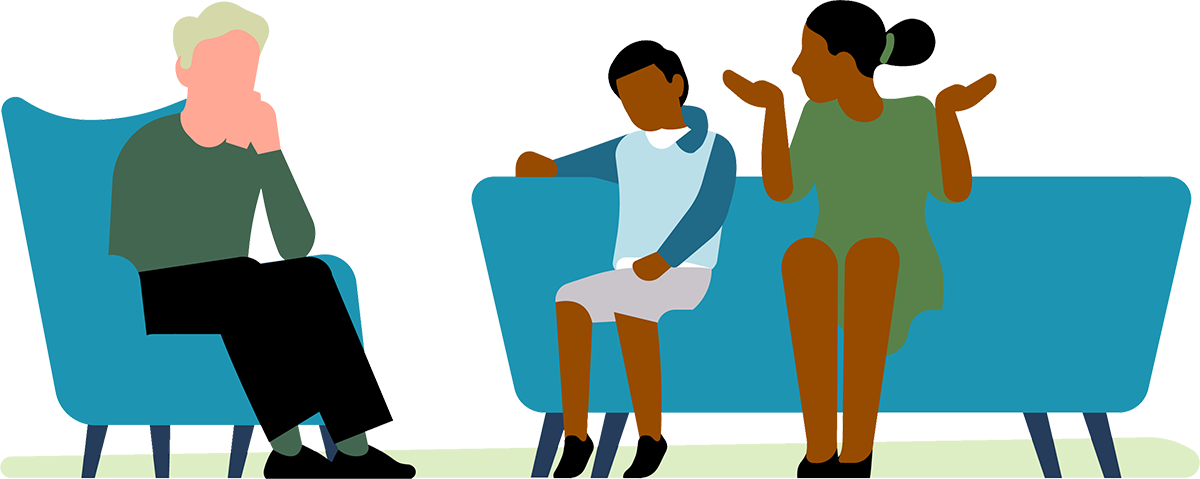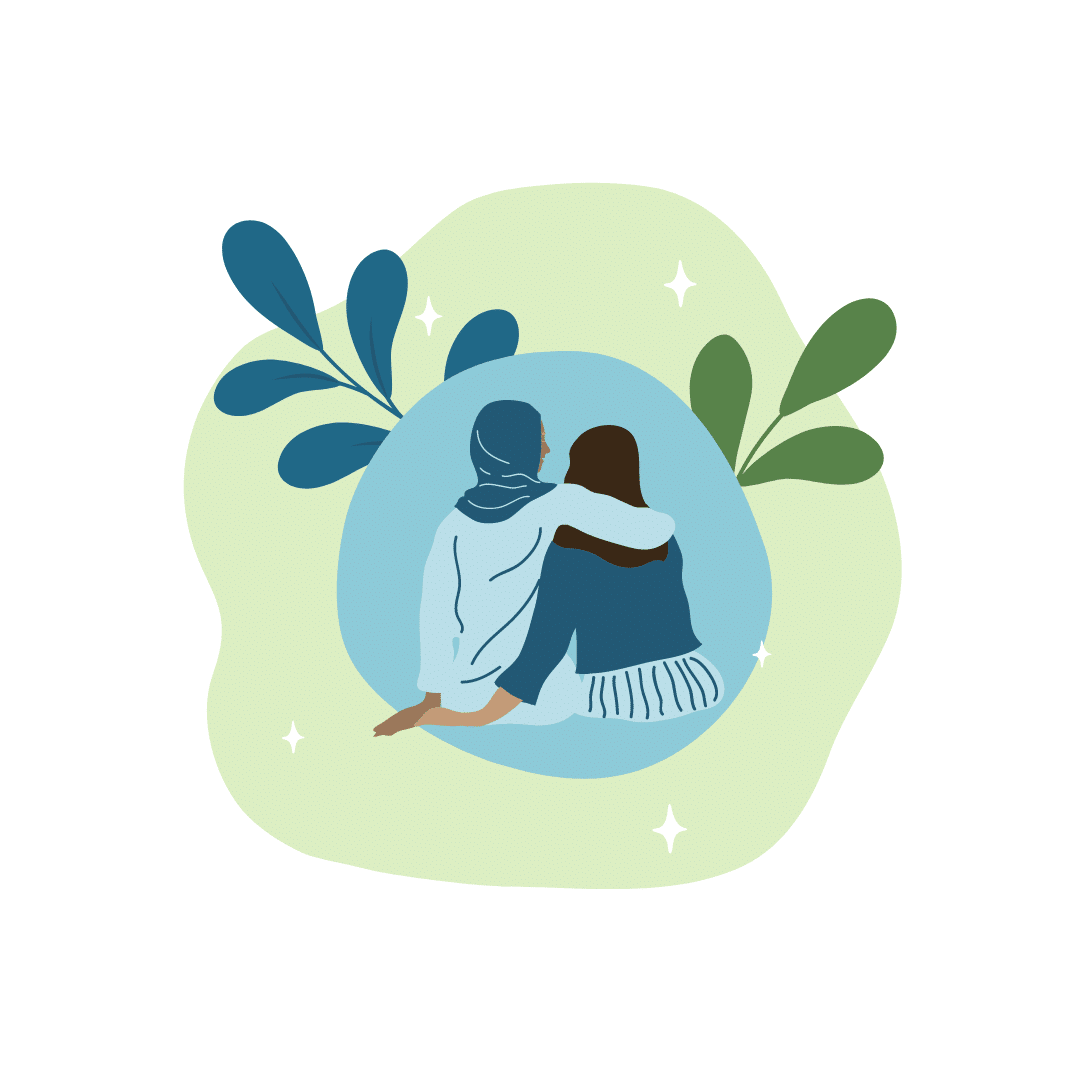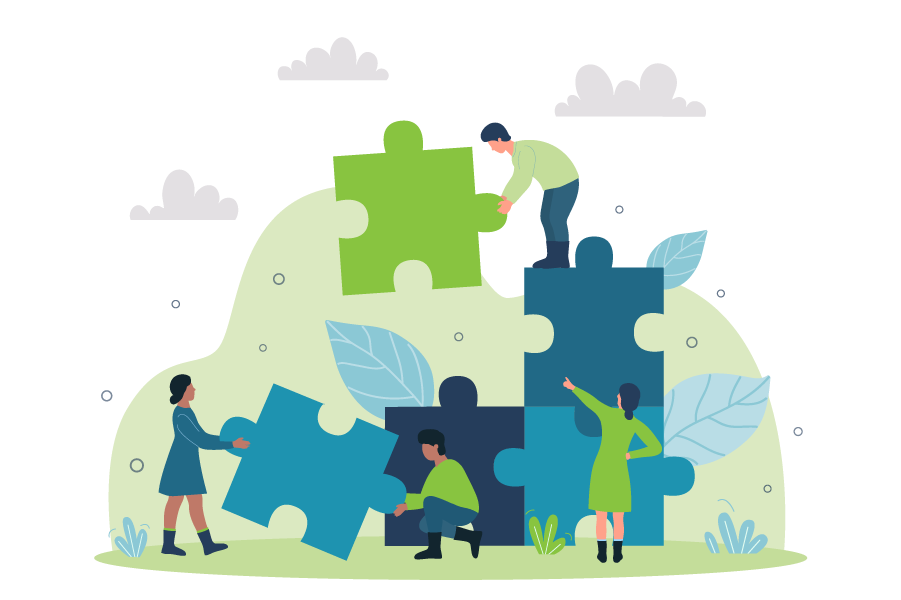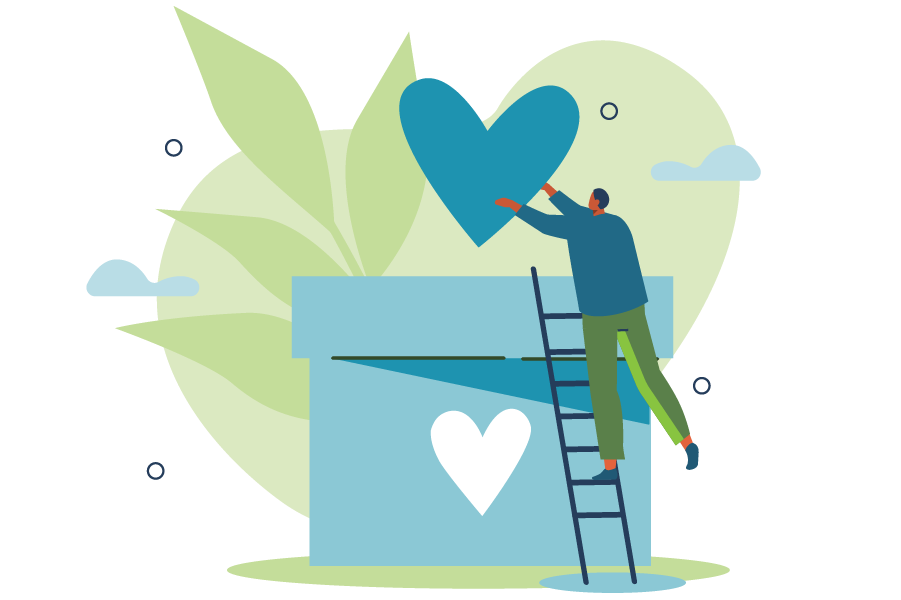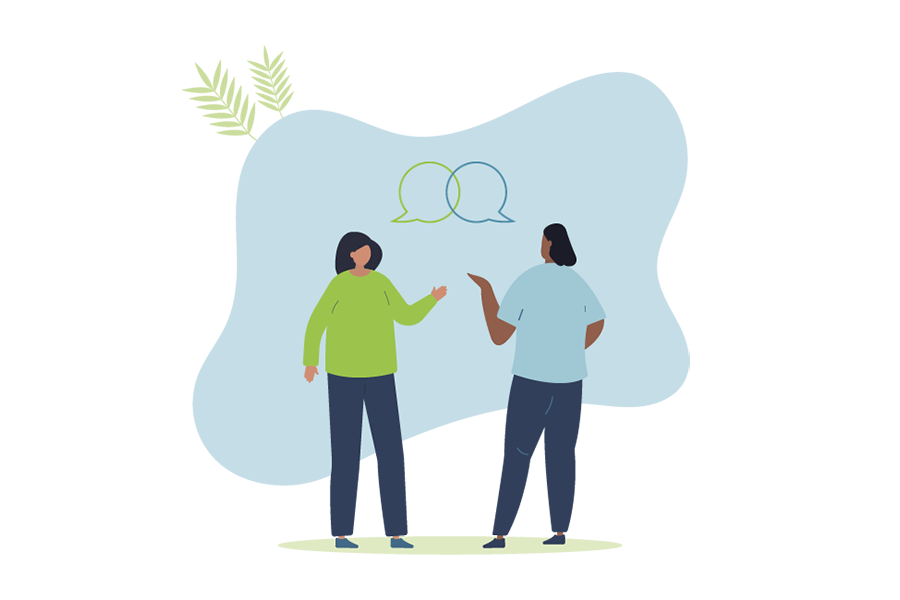Abuse in a relationship can feel like an unbearable weight, and if you’re currently struggling to control your abusive behaviour, you may feel trapped in a cycle you can’t escape. Whether it’s emotional, physical, or psychological abuse, the effects go beyond just the person being directly targeted. The impact is felt by everyone involved, especially your partner and children. While it can feel overwhelming, it’s never too late to make a change. There is always hope for breaking the cycle and healing the wounds caused by abuse.
The Jenkins Project’s goal is to support you, help you understand the consequences of abusive behaviour, and offer guidance on how you can make positive changes, for the sake of both your partner and your children.
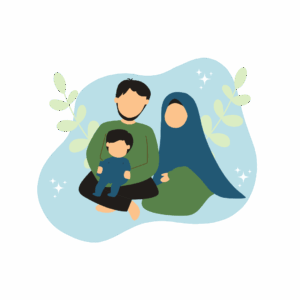
The Impact of Abusive Behaviour on Your Partner
For your partner, living with abuse can create a constant sense of fear, confusion, and hopelessness. Emotional and psychological abuse often leaves deeper scars than physical abuse, as it undermines a person’s sense of worth, self-esteem, and trust. Over time, your partner may feel isolated, as if no one understands what they’re going through, or worse, like they are somehow to blame for the behaviour.
Anxiety
Anxiety can become constant, wondering when the next outburst will occur or how to avoid triggering the next episode.
Self-Doubt
Self-doubt can develop as they question their own reality, trying to make sense of conflicting messages or minimising the abuse in an effort to keep peace.
Isolation
Isolation often follows, either from being cut off from friends and family by the abuser or from internalising the belief that no one can help.
If your partner is living in this environment, their emotional and physical well-being can deteriorate over time. They may feel like they’ve lost their voice or that their needs and boundaries are irrelevant. The person who is the target of the abuse often loses a sense of safety, trust, and connection in the relationship. This can lead to emotional withdrawal, fear, and feelings of helplessness.
The Impact of Abusive Behaviour on Your Children
Abusive behaviour doesn’t just affect adults. Children who grow up in an abusive home environment are often deeply impacted, even if they’re not the direct targets of the abuse. Children are incredibly intuitive and can pick up on the tension, fear, and emotional volatility in the household. This affects their development, both emotionally and socially.
Some common ways children are affected by witnessing abuse include:
- Emotional distress: Children may feel fearful, anxious, or depressed. They might struggle with emotional regulation and have trouble coping with difficult feelings.
- Behavioural issues: Children may act out, become withdrawn, or have trouble at school, as they struggle to process the emotional turmoil at home.
- Normalising abusive behaviour: Unfortunately, children who grow up in abusive environments sometimes internalise the belief that violence or manipulation is an acceptable way to solve problems. This can create a cycle that continues into adulthood, with children replicating what they’ve learned in their own relationships.
The effects of witnessing abuse can last long into adulthood. Children from abusive households are at a higher risk of developing mental health issues, substance abuse problems, or engaging in abusive relationships of their own. The cycle continues if it is not broken.
Use your strength to change
If you recognise these patterns in your behaviour and how they are harming your partner and children, it’s never too late to take action and make positive changes. Acknowledging the problem is the first step toward healing, both for you and your loved ones.
Change doesn’t happen overnight, but small steps can make a significant difference. Here are some strategies for taking responsibility and making a positive shift:
1. Acknowledge the harm:
The first and most crucial step is recognising the impact of your behaviour on your partner and children. Accepting that the abuse is damaging and needs to stop is an incredible act of self-awareness.
2. Seek help:
You don’t have to face this alone. Reaching out to support services, like our Jenkins Project, can provide you with the tools, counselling, and guidance you need to begin addressing the abusive behaviours and their root causes. Therapy, anger management, and couples counselling are just some of the options available.
3. Commit to learning healthier ways to communicate:
Abusive behaviour often stems from unresolved emotional issues or ineffective communication patterns. Learning how to express your feelings and frustrations in a non-destructive way is a key part of rebuilding a healthier relationship.
4. Focus on self-improvement:
Sometimes, abusive behaviour is a result of personal struggles such as unresolved trauma, substance abuse, or mental health issues. Taking steps to address these issues, whether through therapy or support groups, is crucial for making lasting change.
5. Take responsibility for your actions:
Apologising is an important part of the healing process. It’s not just about saying sorry, but also showing through your actions that you are committed to changing your behaviour and making things right.
6. Create a safer environment for your partner and children:
This means being patient, learning to manage your emotions, and respecting your partner’s boundaries. Involving your family in the healing process and showing them that you are actively working on yourself can begin to rebuild trust over time.
Freeva Is Here to Help
If you’re feeling overwhelmed and unsure of where to begin, remember that you don’t have to go through this journey alone. The programmes that are part of our Jenkins Project will guide you through the process of breaking free from the cycle of abuse. From counselling and support groups to practical advice and resources, we’re here to help you and your family build a healthier future.
It’s not too late to make a change. Use your strength to change, not control.
You can reach out to our team on our helpline at 0808 802 0028 or contact us via email at [email protected].

